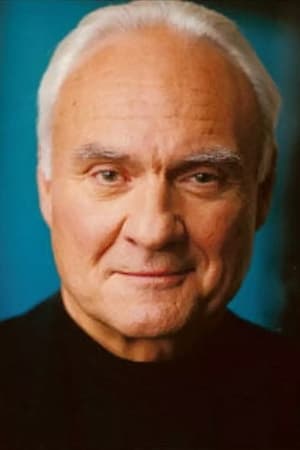
Актер: Kenneth Welsh (Kenneth Welsh)
Tug'ilgan yili: 1942-03-30
Tug'ilgan joyi: Edmonton, Alberta, Canada
Vafot etgan sana: 2022-05-06
Kenneth Welsh, CM (March 30, 1942- May 5, 2022) was a Canadian film and television actor (sometimes credited as Ken Welsh). He was known to Twin Peaks fans as the multi-faceted villain Windom Earle, and had more recently played the father of Katharine Hepburn (Cate Blanchett) in Martin Scorsese's The Aviator.
In 1984 he was nominated for a Genie Award as Best Actor for his portrayal of Reno Colt in the film "Reno and the Doc", written and directed by Charles Dennis. In 1997 Welsh directed Dennis in the latter's play "SoHo Duo" at the West Bank Theatre in New York City.
Welsh was born in Edmonton, Alberta to a father who worked for the Canadian National Railway. He grew up in Alberta and studied drama at school. He later moved to Montreal and attended the National Theatre School. Following graduation, he auditioned for the Stratford Festival in Ontario and then spent the first seven years of his career on stage.
Welsh has portrayed historical figures including Thomas E. Dewey, Colin Thatcher, Harry S. Truman (twice), Thomas Edison, James "Scotty" Reston, General Harry Crerar and James Baker.
He has made guest appearances on the acclaimed TV series Due South and Slings and Arrows.
In 2003, he was made a Member of the Order of Canada.
His role as the Vice-President of the United States in the 2004 environmental disaster film The Day After Tomorrow sparked some controversy due to his physical resemblance to Dick Cheney, who at the time was the real Vice President. Director Roland Emmerich later confirmed that he deliberately chose Welsh for that very reason. Emmerich stated that the character of the Vice-President in the film was intended to be a not-so-subtle criticism of the environmental policies of the Presidency of George W. Bush.
Description above from the Wikipedia article Kenneth Welsh, licensed under CC-BY-SA, full list of contributors on Wikipedia.


